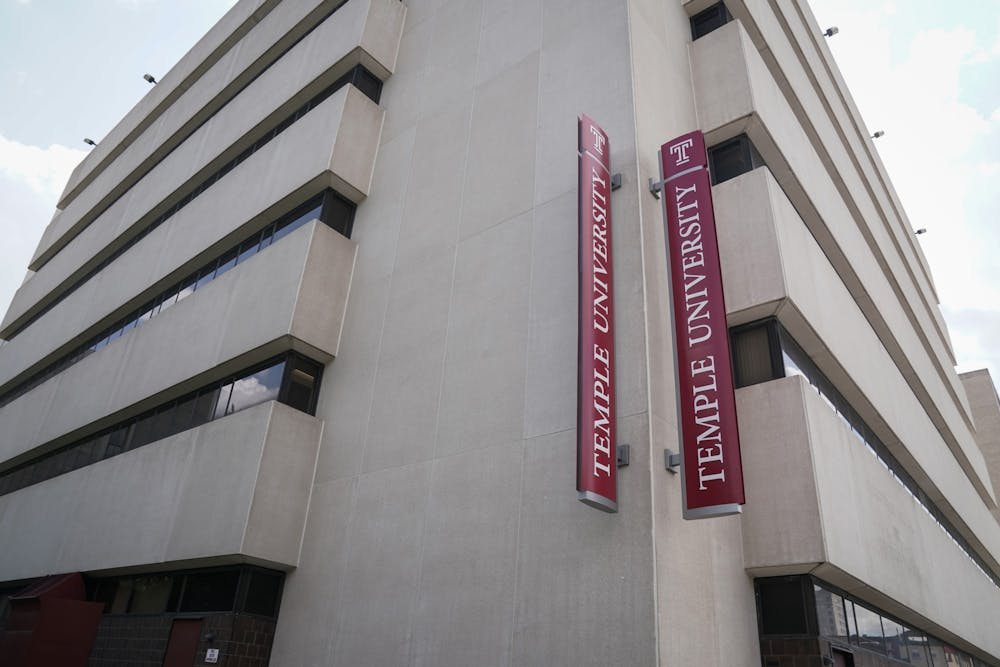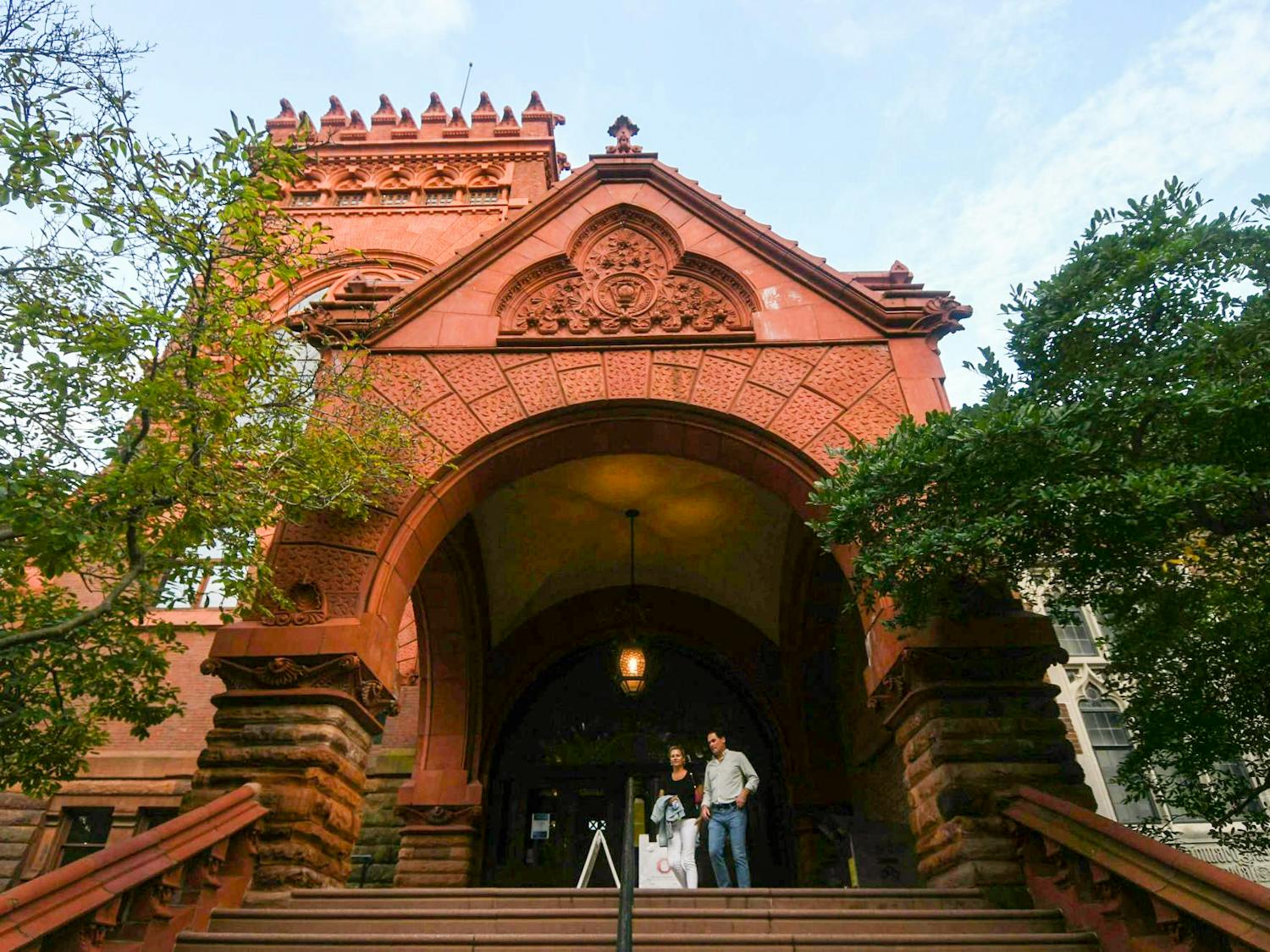A new piece of legislation introduced in the Pennsylvania legislature would bar public colleges and universities in the commonwealth from asking for most details of an applicant’s criminal history in the college application process.
The bipartisan bill — introduced on Wednesday in Harrisburg — is written by by Reps. Jason Ortitay (R-Washington/Allegheny) and Morgan Cephas (D-Philadelphia). The bill is part of a nationwide movement to "ban the box" — asking about applicants for jobs and colleges about their criminal histories.
The bill would apply to about 94,000 students among the 14 state-owned universities — which will soon be consolidated into 10 — in Pennsylvania. Temple, Pennsylvania State, Pittsburgh, and Lincoln universities, as well as community and technical colleges, would also be covered.
A 2019 report by the American Association of Collegiate Registrars and Admissions Officers found that information about criminal history is required when applying for 70 percent of four-year colleges. The report stated there is no statistically significant difference in the crime rates between campuses that do and do not ask about criminal record, according to a 2007 study.
The lawmakers say the bill’s primary purpose is to eliminate obstacles and potential deterrents to those who are trying to better themselves.
“We need to be creating opportunities for college admission instead of erecting barriers,” Ortitay wrote on his website. “I do recognize that some violent crimes should be disclosed, and colleges should be able to institute safeguards that will allow students to get a degree and protect public safety at the same time. This legislation strikes that balance.”
Under the new legislation, colleges would still be able to inquire about violent offenses, including murder, stalking, sexual assault, and related offenses. Colleges would, however, be able investigate criminal history after a student has already been accepted and offer counseling and services. Universities would then be able to make their own individual decisions about whether to limit the student’s participation in campus life.









